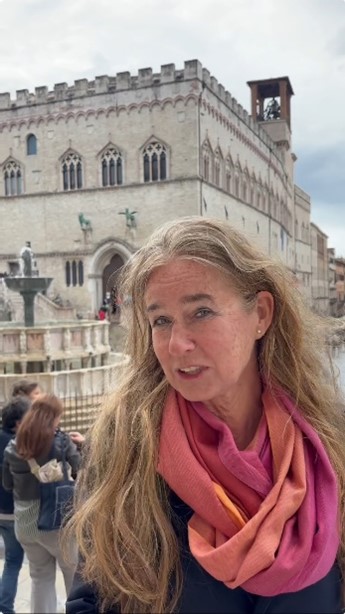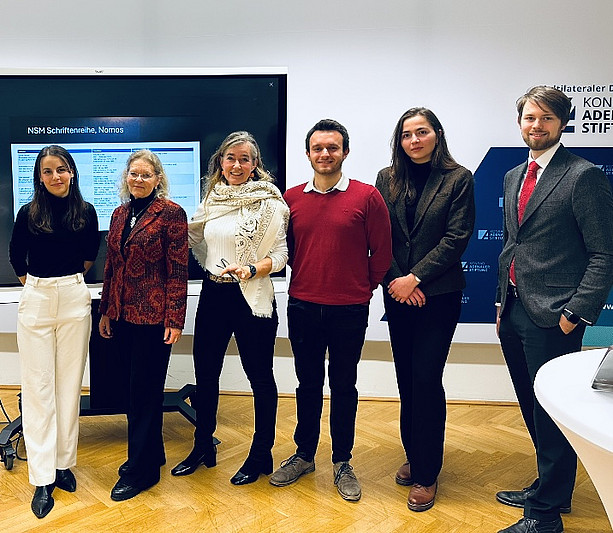IT'S CHRISTMAS TIME! ❤ WISHING YOU WARMTH, A HOME TO SHARE, AN OPEN HEART, AND 'WILD' PEACE IN THE FIELDS!

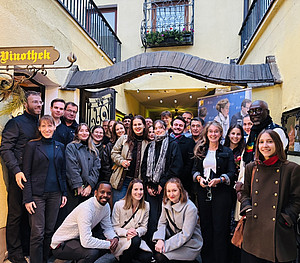
Wein Lese Fest 17. Oktober !
On 17 October, the NSM reading at Stadtweingut Johannes Müller in Vienna took place, featuring three volumes from the book series and the presentation of the new blog:
- World Net Order, my 2024 book
- Multipolar Turn of Geopolitics written by C. Fetcas and M. Kreutner, available in all bookstores before XMas, and
- Gesellschaft und Krise, by A. Strupp with an epilogue by I. Lazar, a fundamental questioning of problem-solving communication patterns in modern society, highly recommended book with great potential, tbp early 2026.
What an outstanding evening!
Thanks to all who found their way to Vienna Grinzing (and back home;)), to our special guests Vladimir Norov (fmr.) Foreign Minister of Usbekistan, Prof. Babacar Ndiaye of Senegal, and Charles Barisa from Ruanda - and to all fellows who wholeheartedly made this one of the richest events of the NSM in the last years.
On Monday next we will start with our routine bi-weekly NSM#Blog with the pre-readings of Gesellschaft und Krise.
To view the 2025 Democracy Support Declaration, visit NSM#BLOG POSTS Democracy, where you'll find a complete list of supporters and co-sponsors. A big thanks to everyone involved!
WELCOME!
Complexity as an obstacle and energiser
The New School of Multilateralism seeks normative solutions to today's grand challenges. How to address the increasing complexity of international relations? Are lawful approaches to reality eroding? Can we respond to the current crisis in international law?
According to Guido Strunk, an expert in complexity, crises occur exactly between the breaking of established orders and new directions for the future. Crises are not merely barriers to overcoming the present; they are catalysts for change and energisers (Werther-Pietsch, ZFAS 2023, see in The NSM Library). To make decisions with incomplete information, it is necessary to develop options and seek innovative solutions, inspired by Kelsen's idealist "ought to be," through Kissinger's pragmatic "is," to Koskenniemi's middle ground.

We Speak About Shaping Future International Relations
We are a platform of scholars from universities, think tanks, diplomatic circles, and international organisations, focused on evolving dynamics of international relations, actual shifts in geopolitical power, and their effects on global cooperation and legal frameworks.
It is imperative to identify new drivers of change, alliances and interest groups, along with the analysis of changing needs and conditions. Special emphasis is given to social change, the information society, impacts of climate crisis, technological advancements/AI, crisis management and conflict prevention, particularly on peace and conflict studies, the erosion of international law and the resilience of the multilateral system (see Mission Statement, IDEA State of Democracy Report 2024). Among those who engage constructively is the Team Europe Democracy with workstreams in the fields of rule of law, media, and digital society.
New alliances and interest groups are being identified and changing framework conditions are analysed with particular attention to the information society, the consequences of the climate crisis and the significant technological advancements we are facing. In summary, the emphasis is on crisis management, specifically regarding peace and conflicts, the strengths and weaknesses of the multilateral system, democracies, and the implications of the growing erosion of international law (refer to mission statement).
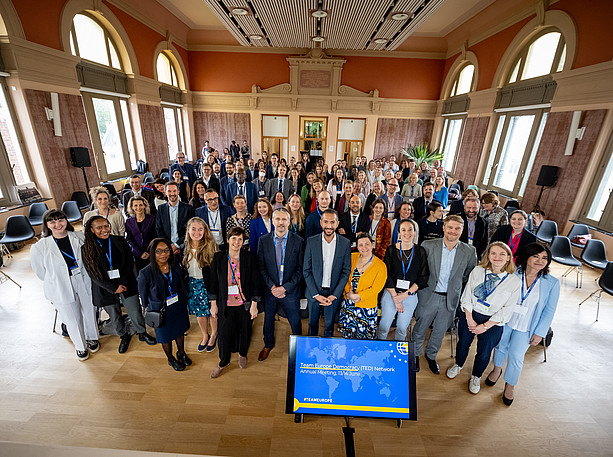
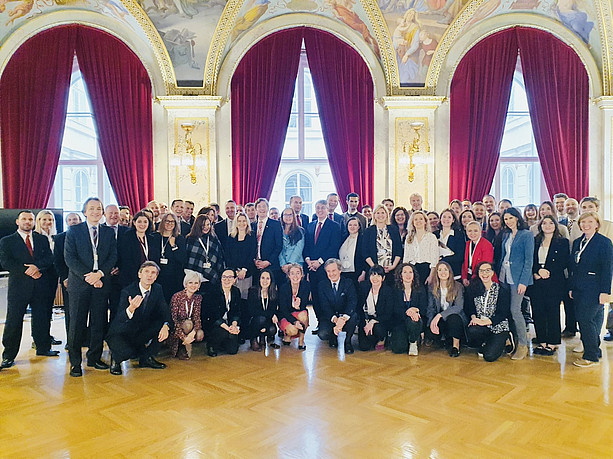
Hello!
Visit me on the University site with publications and teaching list, my YouTube channel, my presence on Wikipedia, LinkedIn, Research Gate or Google Scholar
